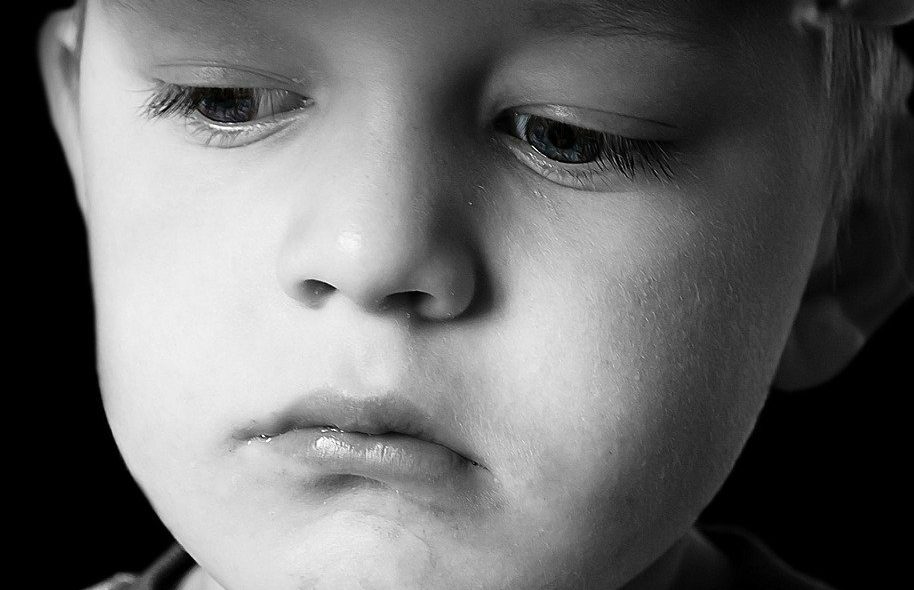Our Chief Executive, Lesslie Young looks at how the impact of the pandemic on children and young adults who live with disadvantage and disability every day may be irreparable.
As we rapidly approach the end of a full year living with restrictions in response to the pandemic, the real impact is showing itself in even greater relief.
The loss of so many lives, the absence of human touch, isolation, loneliness, missed birthdays, cancelled weddings and so many loving, caring smiles hidden by masks.
When we do see the end to this crisis, we will all have borne some sadness. Some will heal. Some will not. Even then our resolve will continue to be tested by a new, but not unexpected crisis.
Yet as we all continue to struggle with the current situation and restrictions, we must acknowledge for many the impact will manifest itself for decades to come because their starting point was so far behind the rest of us.
Although children are largely not affected by the virus itself, we are seeing daily reports on the impact coronavirus lockdown is having on children.
In a letter to the Times, prominent paediatricians said “anxiety, depression and self-harm are all at frightening levels.” There are also significant concerns for children’s physical wellbeing, with a third of children classed as “inactive” during lockdown.
The Institute for Fiscal Studies expect every child to lose £40,000 in lifetime earnings due to lost time in school. The closure of mainstream schools immeasurably impacts our future generation.
Hard earned progress to regress significantly
For children and young adults who live with disadvantage and disability every day, the impact may be irreparable.
Living with a learning disability, physical disability, life-long conditions and or poverty too often means you are misunderstood, forgotten, silenced, and neglected. There are, quite rightly daily reports on the wider impact of coronavirus restrictions on mainstream education.
The same does not hold true for the equally vital education and opportunities for those with special educational and support needs. Are they to be deprived of the opportunity to reach their potential, whatever that might be?
When children, and young adults, with learning disabilities are supported with the right services they thrive. Of course, the conditions need to be right for anyone to thrive.
They are not and have not been right for too long. Services chronically underfunded. Care and support workers chronically underpaid with little value attached to the invaluable work they do.
Given this was the position prior to the pandemic, with resources of all description being stretched, services cancelled, activities stopped, people living with learning disabilities and associated conditions face an even bleaker future.
Hard earned progress, confidence, independence albeit a qualified independence, is bound to regress significantly.
I do not underestimate the impact lockdown is having on children more widely. However, for children and young adults with learning disabilities and other conditions the reality is they may never make up the ground they have lost.
The Neglected People
I have just read a paper written by a social worker in 1977 entitled “The Neglected People.” Without exception, every recommendation made in that paper is one valid of being made today. What does that tell us?
All children deserve the best we can offer. The starting point for children and young adults with learning disabilities would appear to be at least 1977.
Given that, these words of Nelson Mandela take on a different level of relevance “There can be no keener revelation of a society’s soul than the way in which it treats its children.”
We have all experienced each day being like the day before, each week like the one before it, the months blending into each other, but we must not forget the many lessons the pandemic has taught us and act upon that learning.
Inaction is a decision made by an individual or a group of individuals. The decision to ignore is wrong and indefensible. The neglect must stop.




